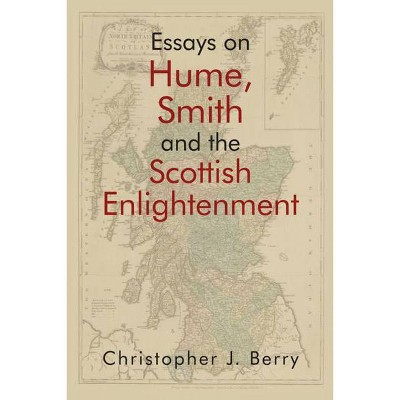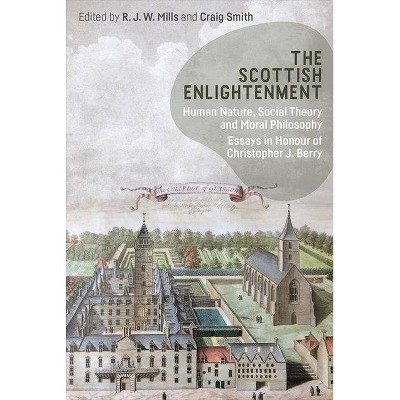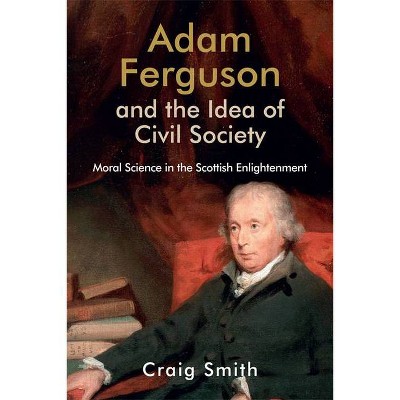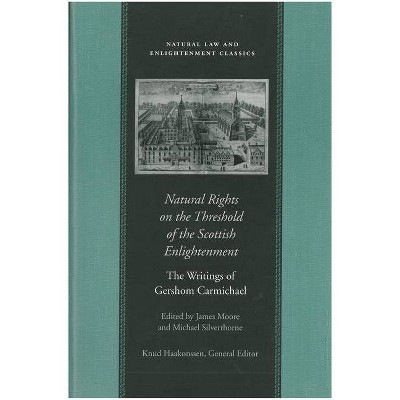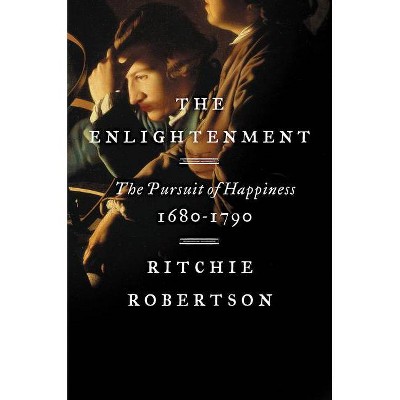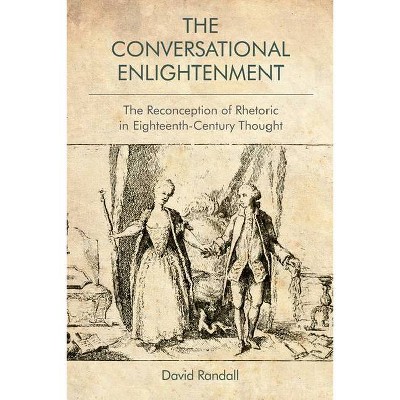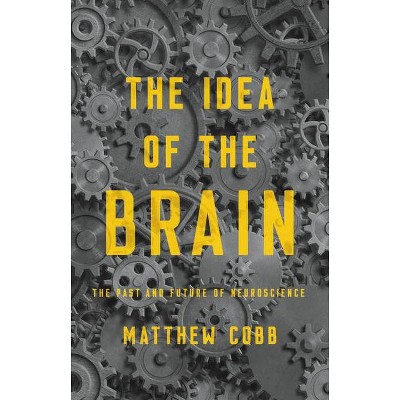The Idea of Commercial Society in the Scottish Enlightenment - by Christopher J Berry (Hardcover)
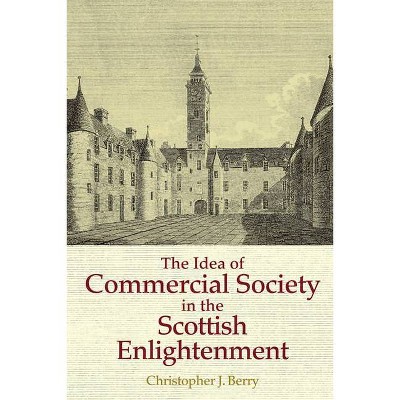
Similar Products
Products of same category from the store
AllProduct info
<p/><br></br><p><b> About the Book </b></p></br></br><p>Christopher Berry explains why Enlightenment thinkers considered commercial society to be wealthier and freer than earlier forms, looking at key works from Adam Smith, David Hume and Adam Ferguson alongside lesser-known figures. </p><p/><br></br><p><b> Book Synopsis </b></p></br></br><p>The most arresting aspect of the Scottish Enlightenment is its conception of commercial society as a distinct and distinctive social formation. Christopher Berry explains why Enlightenment thinkers considered commercial society to be wealthier and freer than earlier forms, and charts the contemporary debates and tensions between Enlightenment thinkers that this idea raised. The book analyses the full range of literature on the subject, from key works like Adam Smith's 'Wealth of Nations', David Hume's 'Essays and Treatises on Several Subjects' and Adam Ferguson's 'Essay on the History of Civil Society' to lesser-known works such as Robert Wallace's 'Dissertation on Numbers of Mankind'.</p><p/><br></br><p><b> From the Back Cover </b></p></br></br>'Christopher Berry highlights a central novelty of the Scottish Enlightenment, its unprecedented discussion of the inter-dependency of relations in a commercial society. Far from the din of today's uncompromising battles over the merits and flaws of the market, this was a nuanced conversation - on which we are privileged to eavesdrop.' Colin Kidd, University of St Andrews Shows for the first time how 'commercial society' is the focal idea in the Scottish Enlightenment's social theory Christopher J. Berry focuses on the most arresting aspect of the Scottish Enlightenment - its conception of commercial society as a distinct and distinctive social formation, explaining its central ideas and internal tensions. He explains why and how, according to the Scots, commercial society is wealthier and freer than earlier forms. He also charts the debates, in which the Scots themselves engaged, over the pros and cons of this new social order. As well as providing analyses of key works like Adam Smith's Wealth of Nations, David Hume's Treatise & Essays and Adam Ferguson's Essay on the History of Civil Society, the book covers the full range of literature not only of these three thinkers but of their compatriots and contemporaries. This in-depth analysis by a world-leading authority on the Scottish Enlightenment is a definitive exposition of a key idea shaping the world we know today. Christopher J. Berry is Professor Emeritus in Political Theory at Glasgow University. An elected Fellow of the Royal Society of Edinburgh, he is best known for his work on the Scottish Enlightenment. Cover image: View of Inner Court, University (Old College) (Glasgow), from The History of the City of Glasgow and Suburbs, by James Denholm Glasgow 1797 (c) Glasgow City Libraries. Licensor www.scran.ac.uk. Cover design: [EUP logo] www.euppublishing.com<p/><br></br><p><b> Review Quotes </b></p></br></br><br><br>The revolution of the Scottish enlightenment was to inform the emergence of free trade zones, global markets and the financial system that underpins modern capitalism. Berry's account of this shift in understanding is nuanced and informed, and makes some significant contributions to the<br>literature.--Michael P. Brown, University of Aberdeen, <em>The Scottish Historical Review</em><p></p><br><br><p/><br></br><p><b> About the Author </b></p></br></br><p>Chris Berry is Professor Emeritus of Political Theory at the University of Glasgow, which he joined from 1970, from the LSE where he completed his doctorate. He is best known for his work on the Scottish Enlightenment and on the 'Idea of Luxury' and he has given invited keynote lectures on these themes in China, Japan, Chile, the US and in Europe. He is an elected Fellow of the Royal Society of Edinburgh.<p>
Price History
Price Archive shows prices from various stores, lets you see history and find the cheapest. There is no actual sale on the website. For all support, inquiry and suggestion messagescommunication@pricearchive.us
